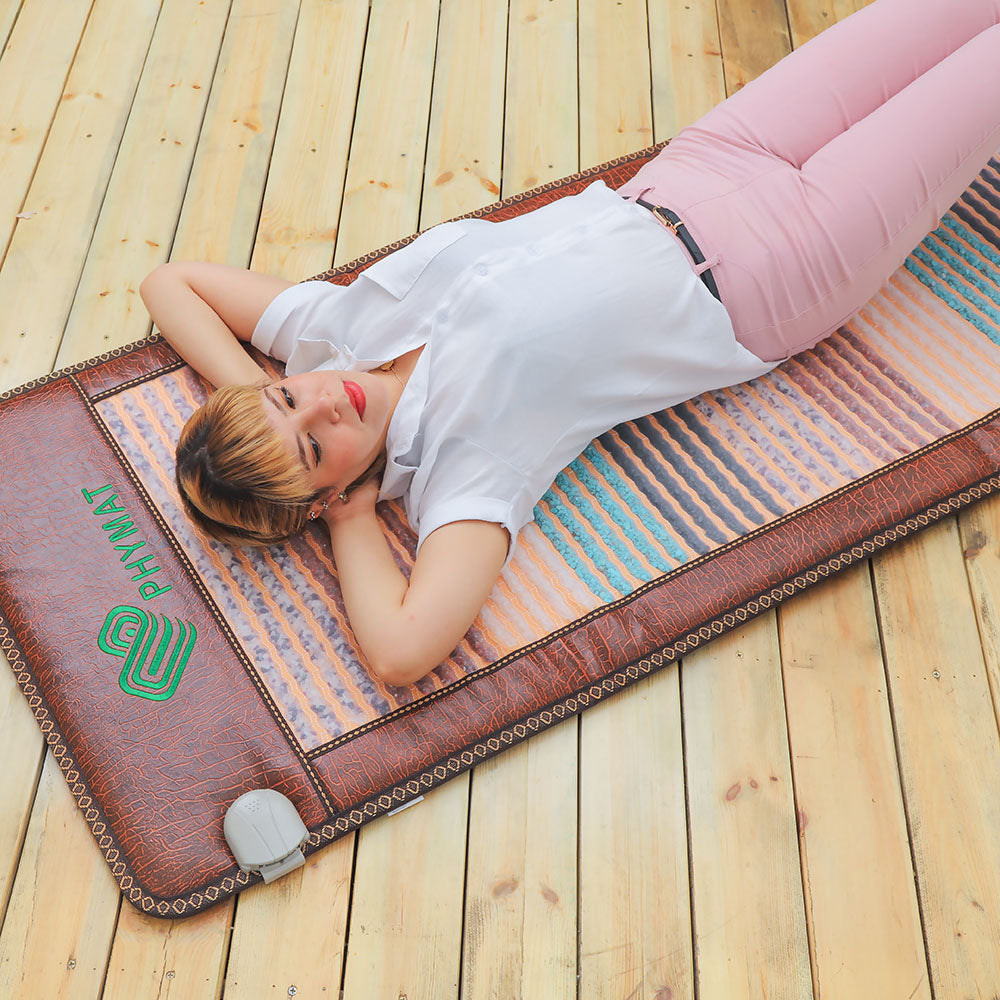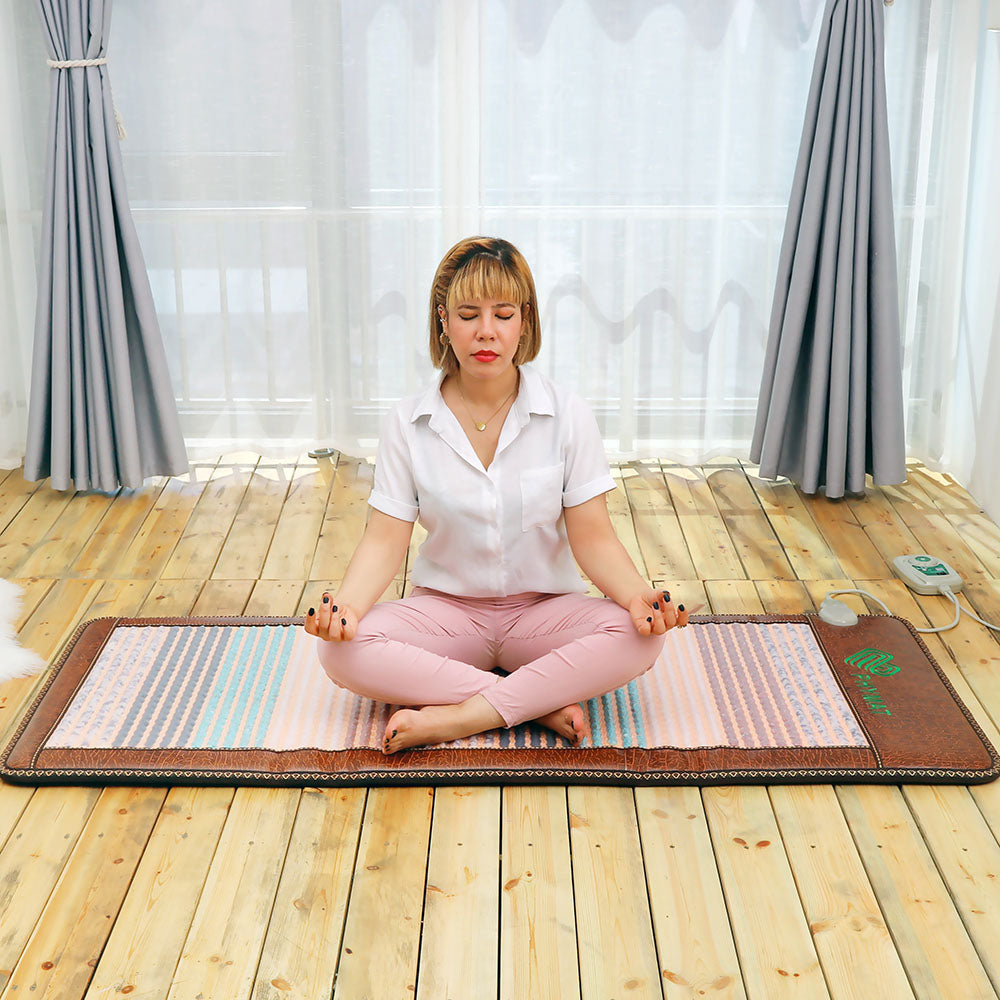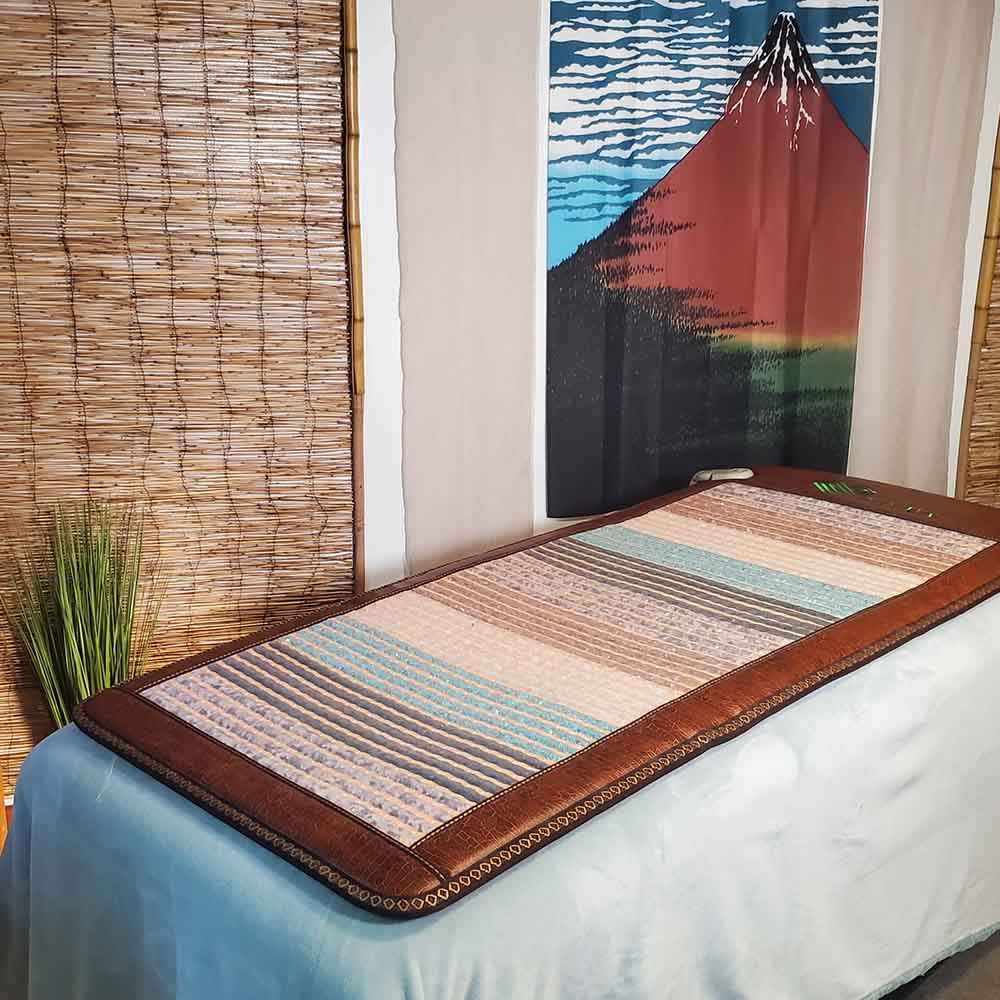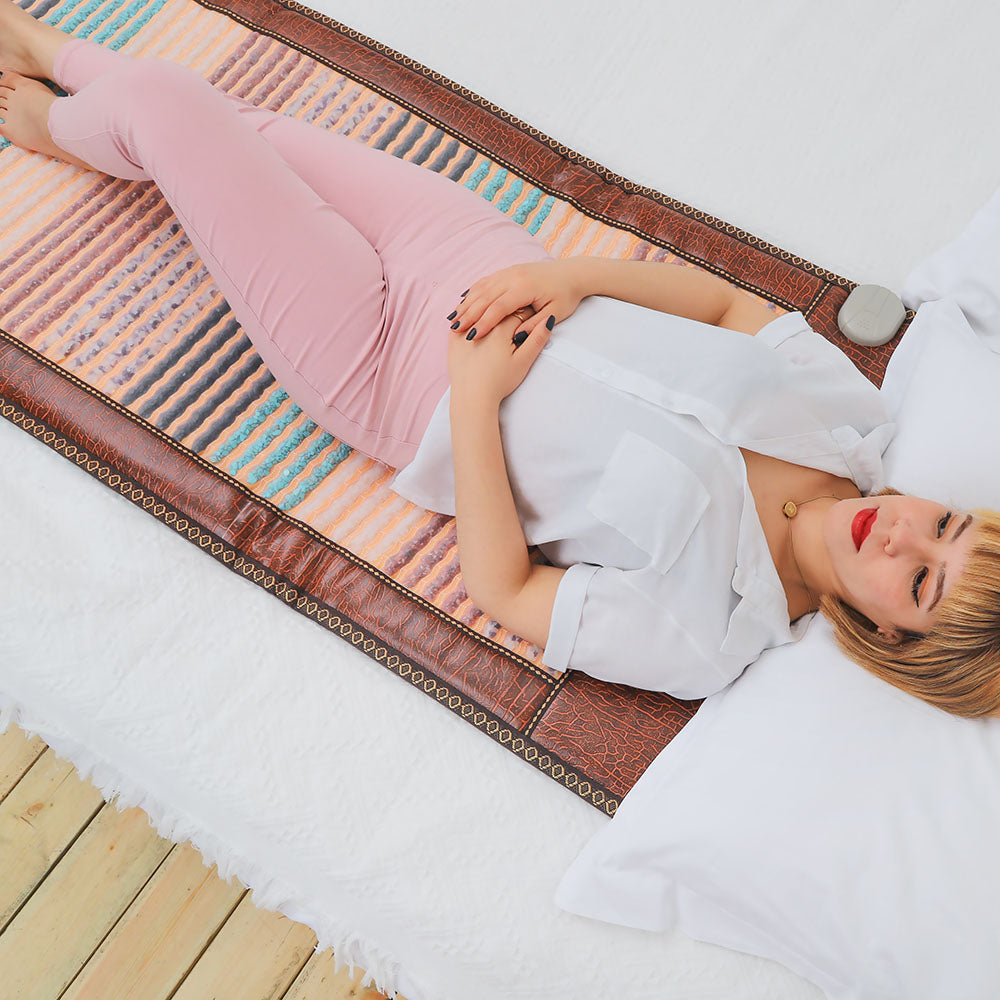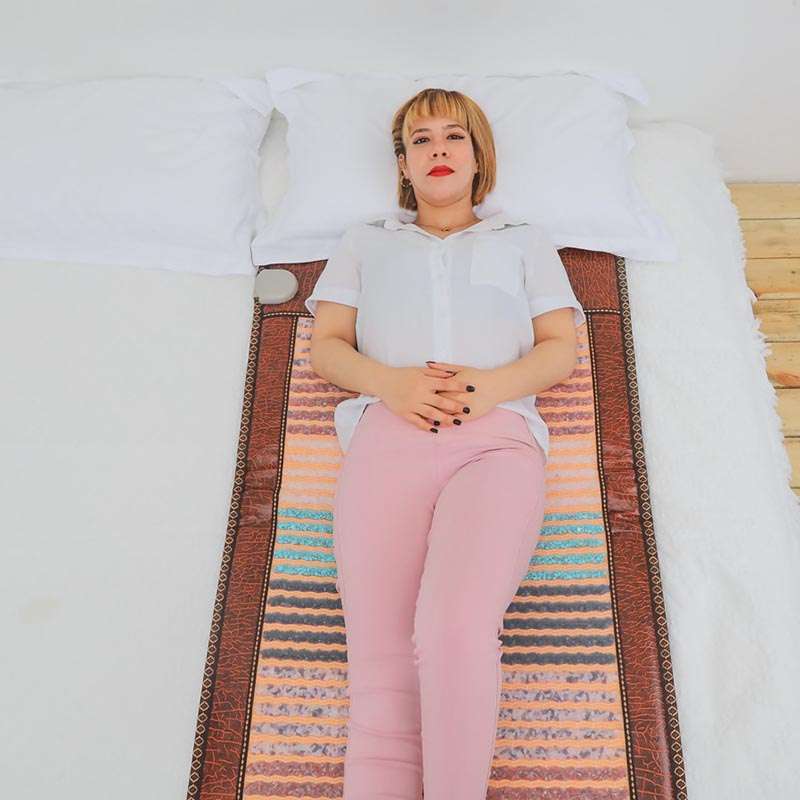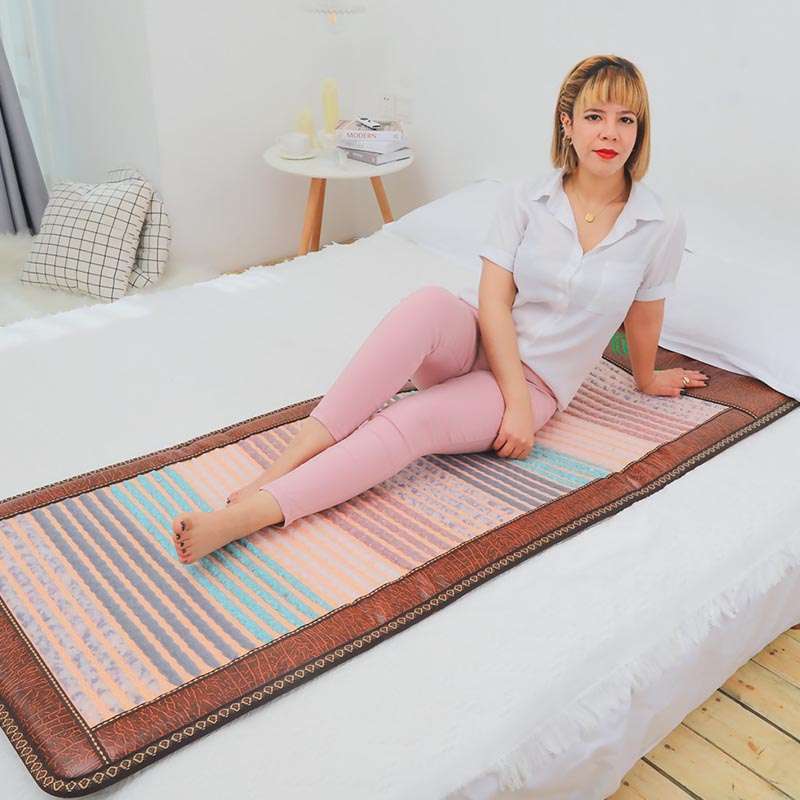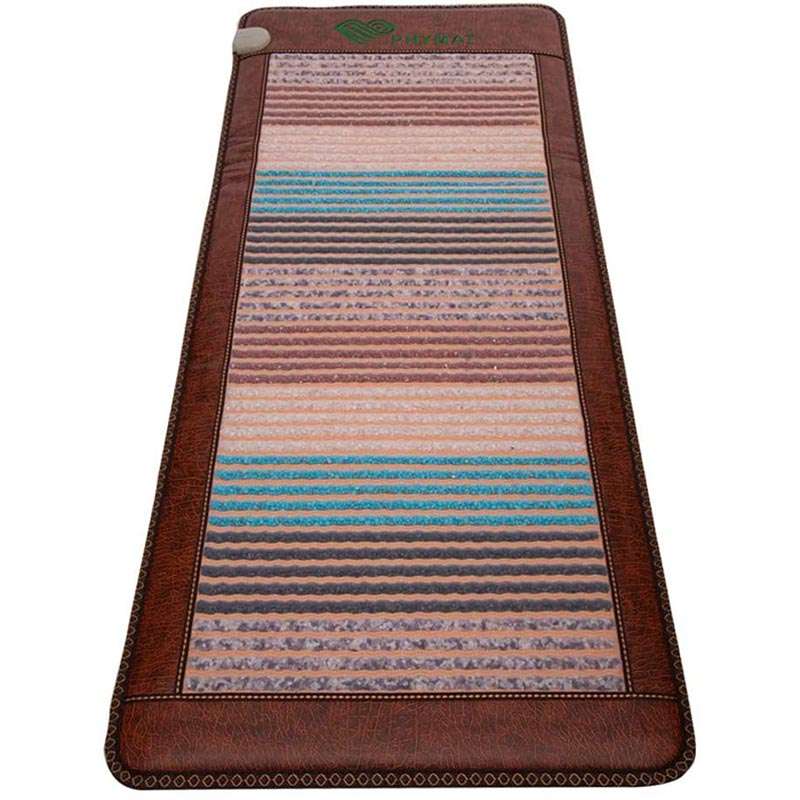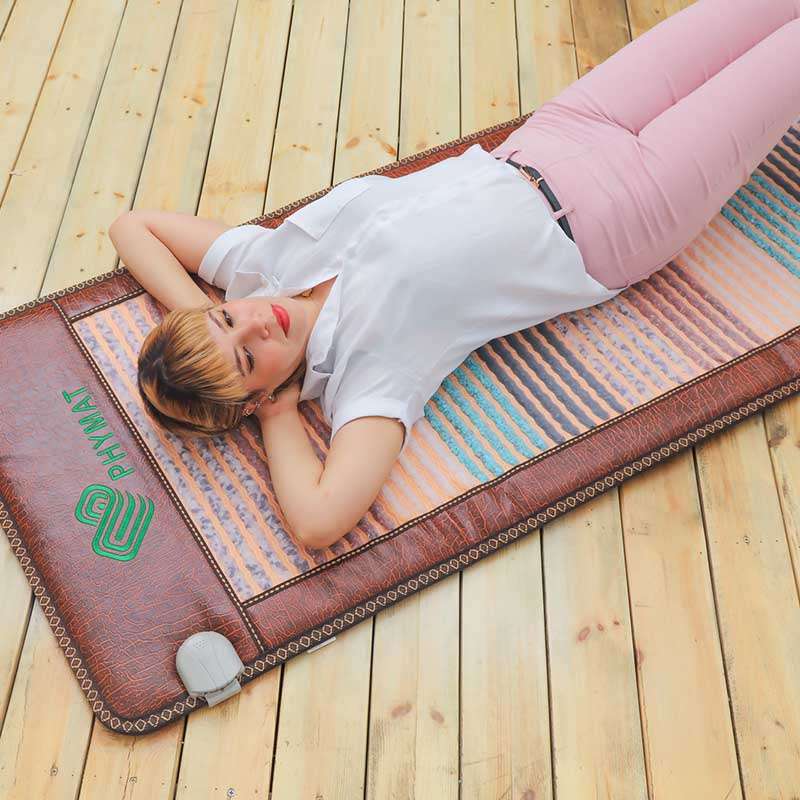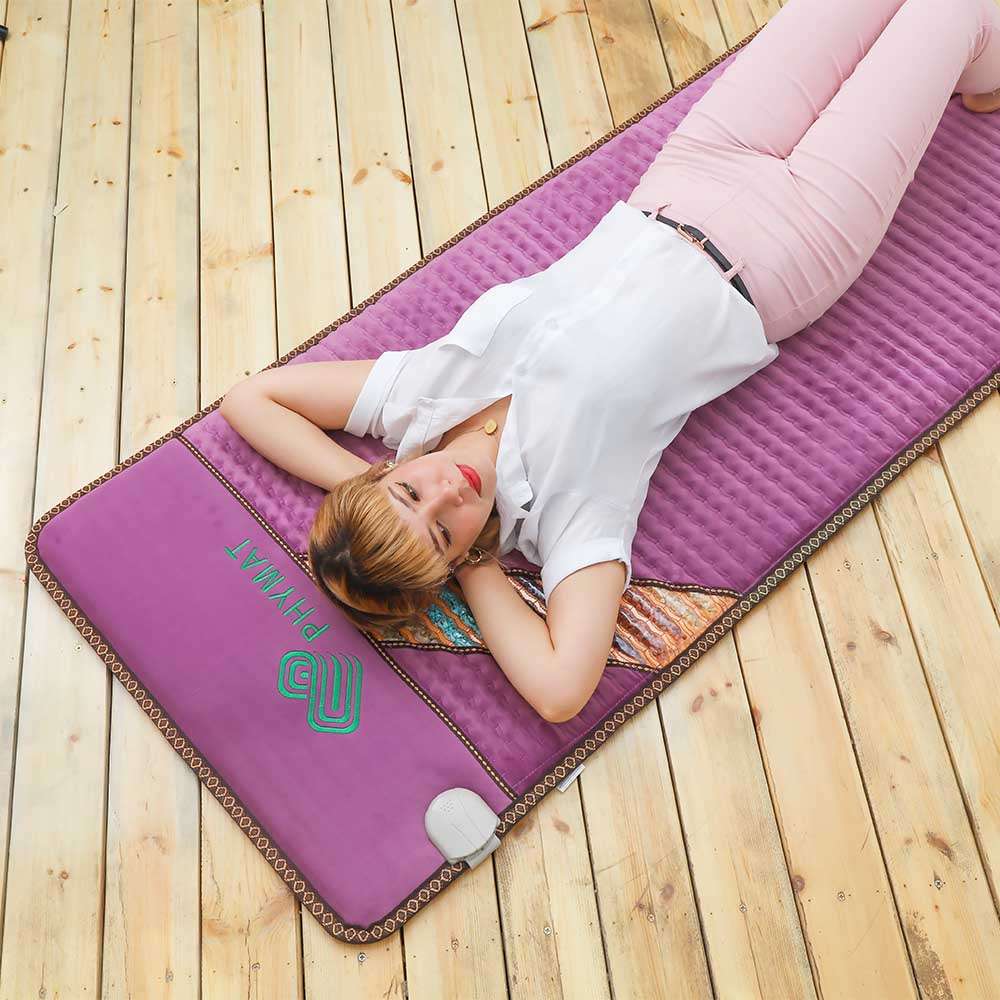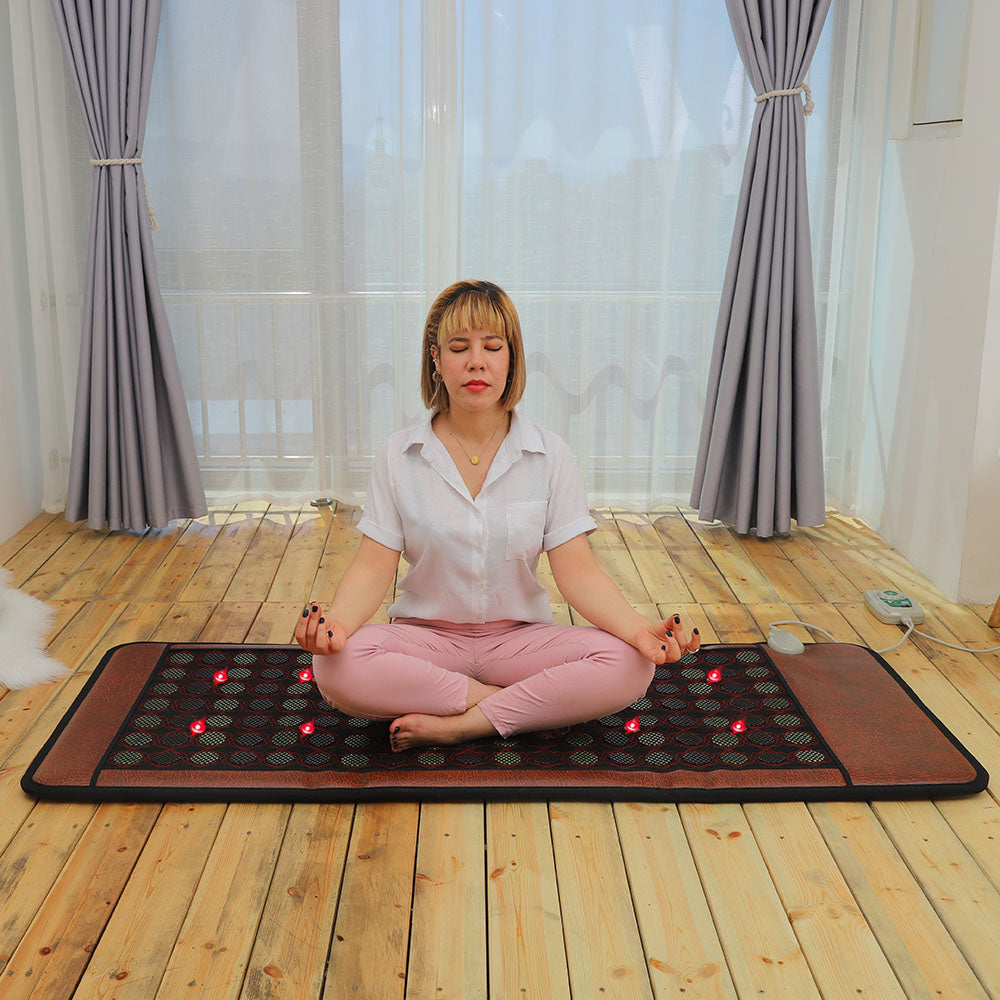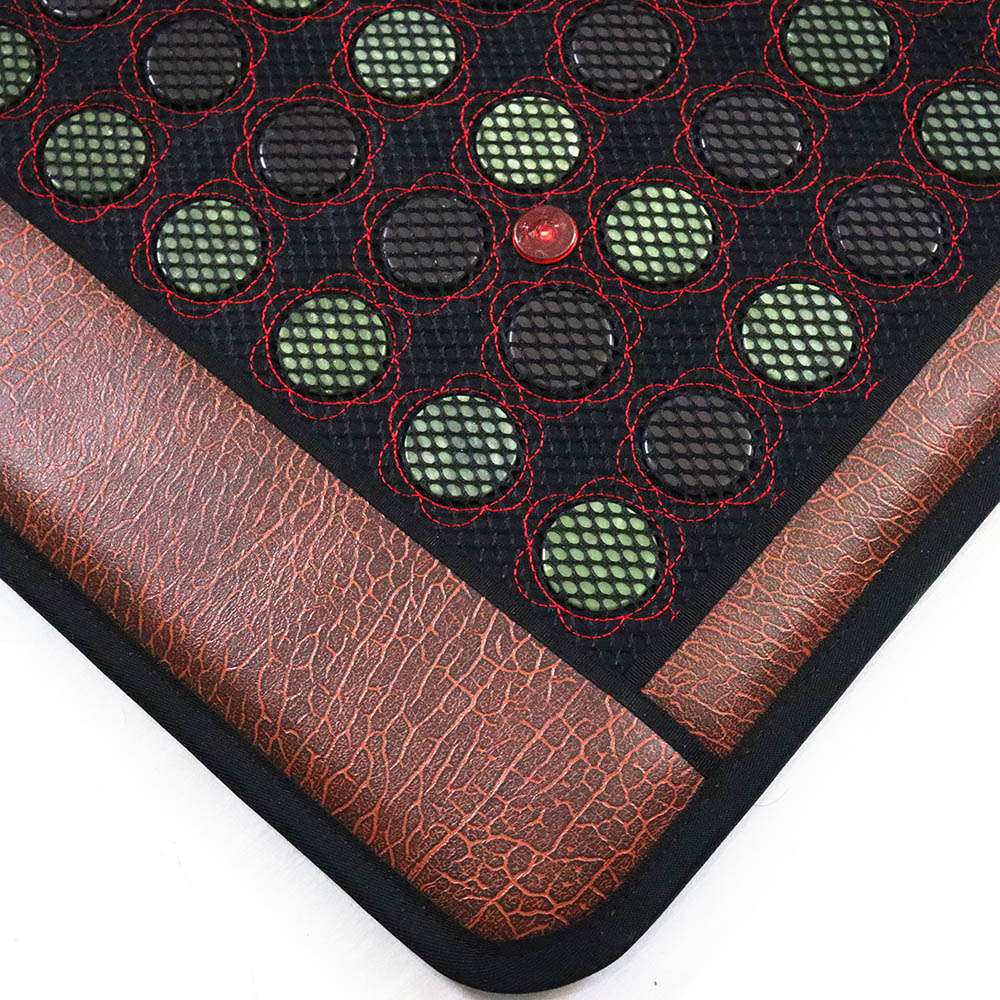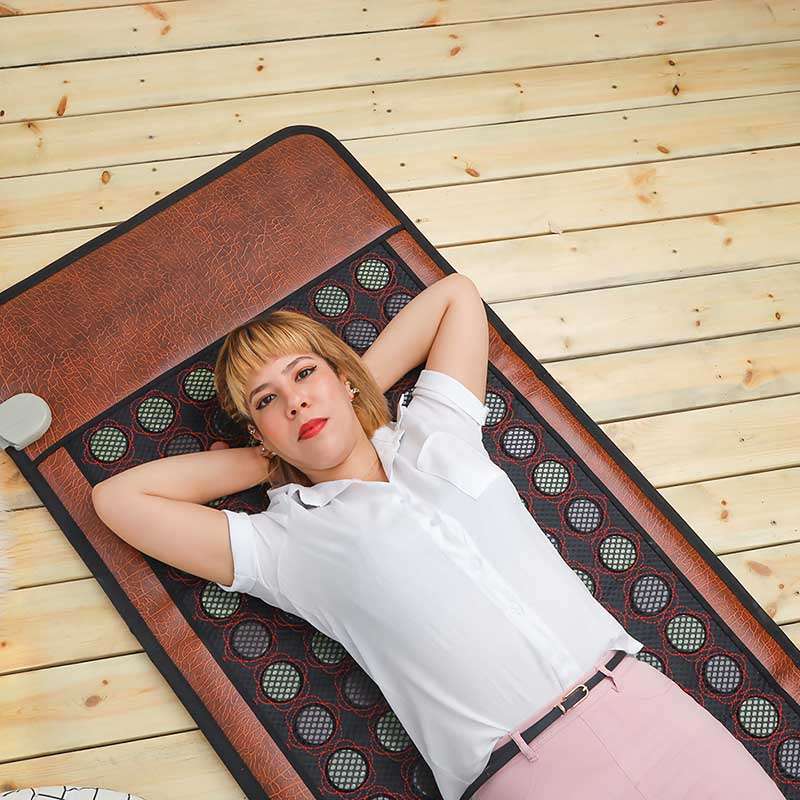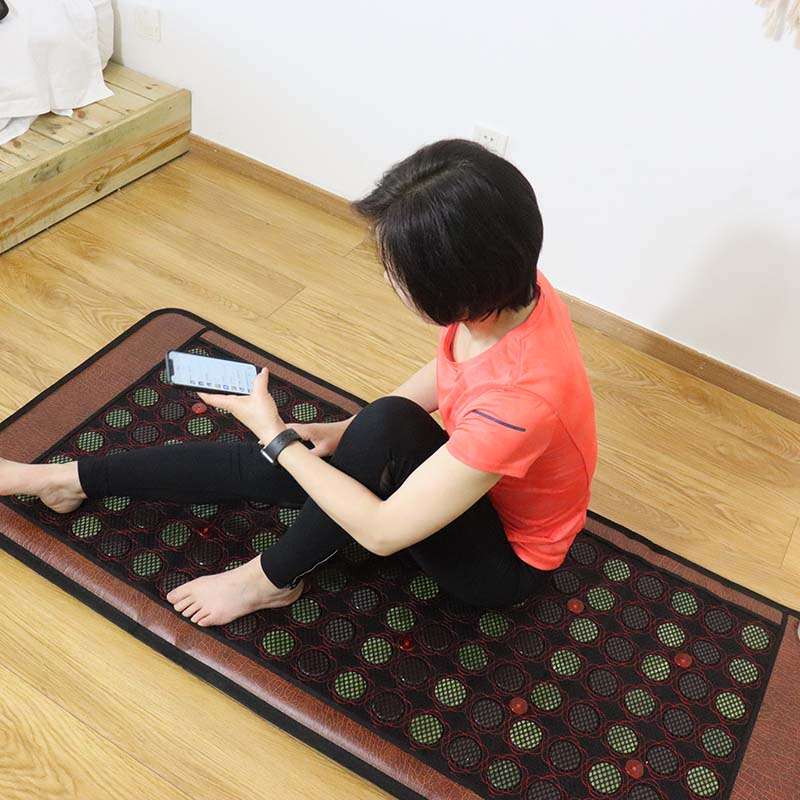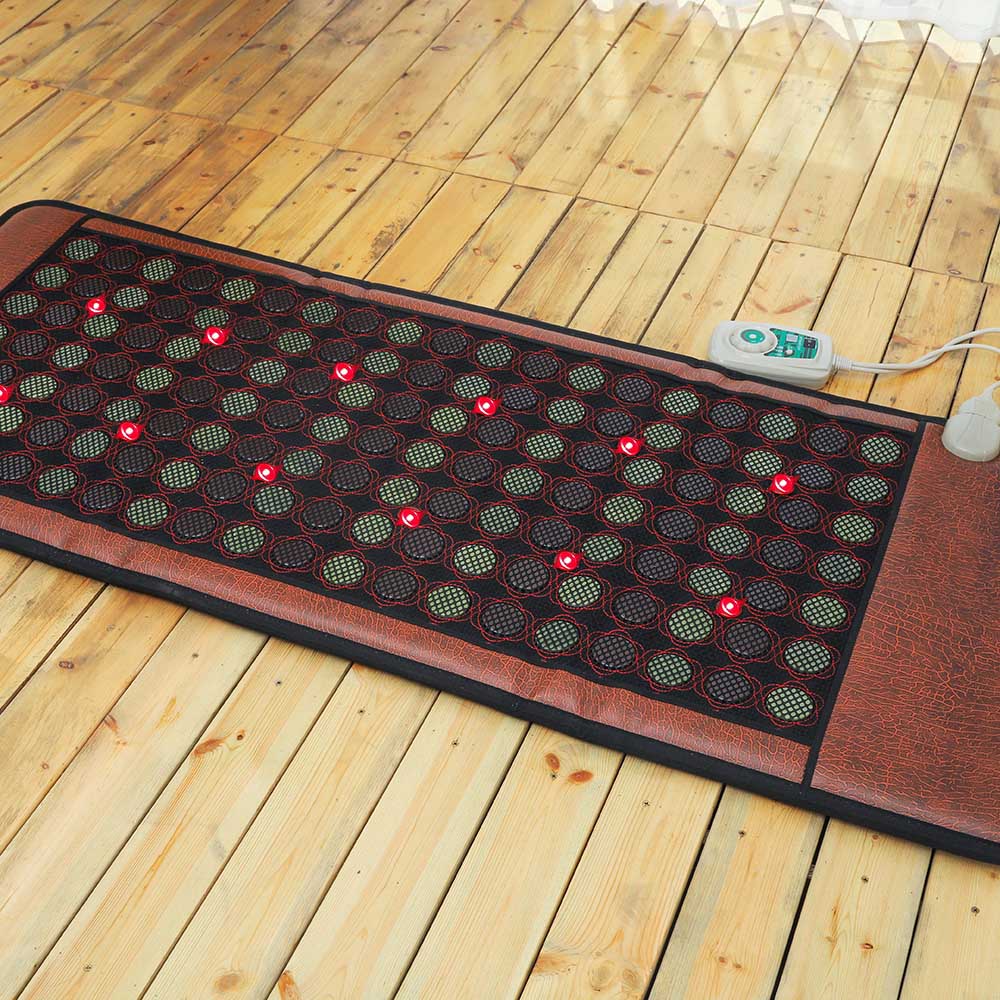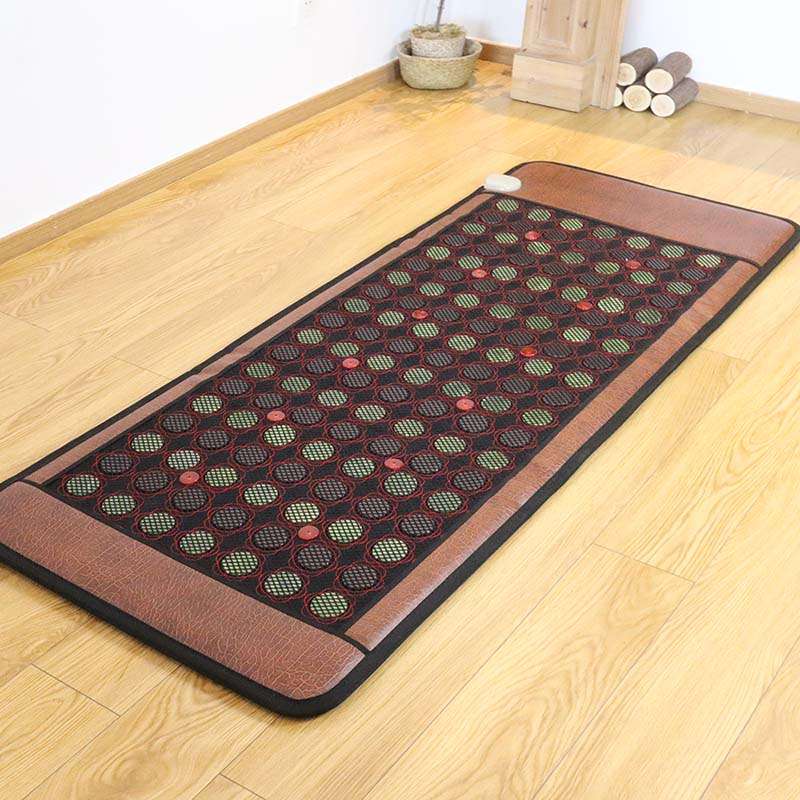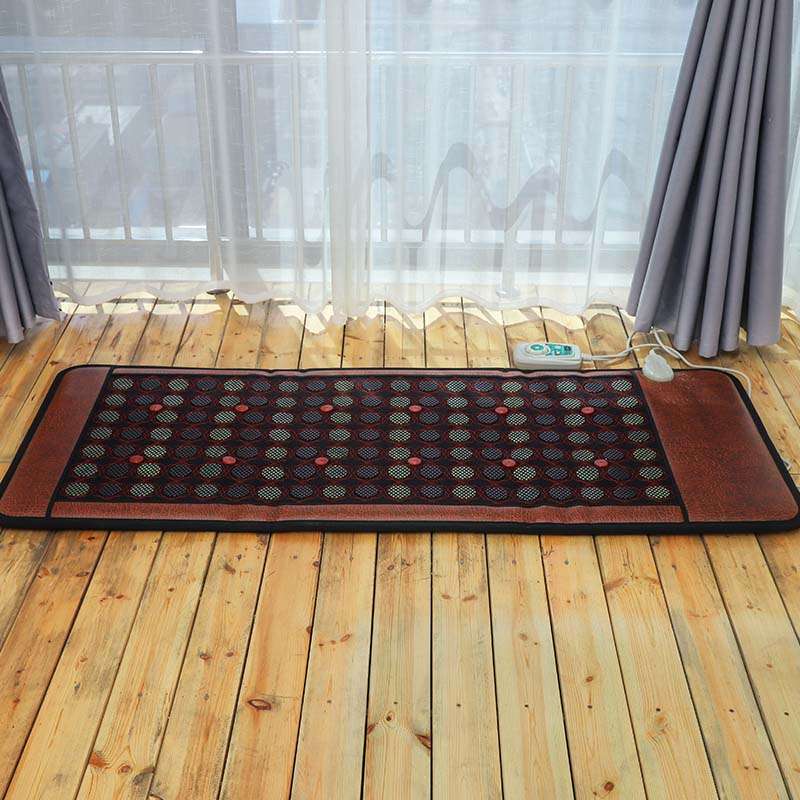For most people, summer means getting outside and enjoying the forest sunshine in the mountains. It means picnics on the beach, fishing in a boat, and days spent enjoying the great outdoors. For those suffering from arthritis, summer can bring some relief from joint pain. On the contrary your arthritis can flare up in summer, especially if you’re living in a humid environment. Here in this issue, we’ll share some tips for arthritis-friendly summer activities and tips for managing arthritis during the summer season, for living a healthy lifestyle.
Along with the high summer temperatures, the vitality of all aspects of the human body increases. According to Traditional Chinese Medicine (TCM), if you nurture Yang Qi energy in summer, not only your body’s immunity system can be strengthened, but also many “stubborn” winter chronic diseases can be relieved in the warm weather of summer. Why can winter diseases be treated in summer? And how to care for it? In this issue, let’s discuss how to treat winter diseases in summer.
Why can winter diseases be treated in summer?
In summer, metabolism is vigorous. If the body’s disease resistance is strengthened while the disease is mild, targeted treatment can achieve twice the results with half the effort. It can also prevent disease. Therefore, summer, especially in the dog days, is the appropriate time to treat joint diseases.
Tips for dealing with arthritis during the summer
Apart from summer treatments, arthritis patients should be aware of the following cases:
1. Stay hydrated
Drink plenty of water and other non-alcoholic beverages to keep your body hydrated and joints lubricated.
2. Don’t be too cool
In the hot summer, most people cannot live without electric fans and air conditioners. However, patients with rheumatoid arthritis should pay attention to keeping warm and do not let electric fans or air conditioners blow against their joints. It should be reminded that office workers who spend a lot of time in air-conditioned rooms, especially women who wear shorts and short skirts, should pay more attention to joint warmth.

3. Avoid humidity
Avoid getting wet, and change your clothes immediately after getting wet.
4. Living environment
Living environments should be dry, especially in rainy and humid areas. Arthritis patients should live in a sunny, ventilated, and dry bedroom, and open windows more often.
5. Manage your diet
Eat a well-balanced diet and avoid foods that trigger inflammation.

6. Exercise in moderation
As soon as an acute arthritis attack occurs, rest should be the main focus and activity should be reduced. As the pain gradually improves, you can gradually transition from assisted active exercise to aerobic exercise. This is at least 30 minutes each time, three times a week. Exercise should be gradual and not overly tiring, and strenuous competitive sports should be avoided. Scientific exercise is recommended under professional guidance. Different periods of rheumatoid arthritis, different conditions and different ways of exercising.
7. Joint protection
- When resting, keep the joint in a functional position as much as possible. If the knee is involved, do not put a pillow under the knee and try to keep it straight to avoid flexion or deformity.
- When exercising: use a knee protector locally, use a cane (for less severe cases), crutches or a walker (for more severe cases) to avoid aggravation due to stress or weight bearing, and use wedge-shaped insoles when the knee is inversion or valgus.
- Patients with foot pain and deformities should choose appropriate footwear. The upper part of the shoe should be soft and the shoe should be deep enough and large enough to accommodate the deformed foot. This will prevent friction, blistering and skin breakdown. The heel height of the shoe should be about 2 cm above the forefoot of the shoe. The sole of the shoe should have non-slip corrugations.
- For those who cannot walk, it is recommended to use a wheelchair to reduce weight bearing on the affected joints.
- Quit smoking. Studies have clearly shown that rheumatoid arthritis is associated with smoking, so patients are advised to quit smoking, and refuse second-hand smoke!
- Maintain a positive mood. Mood swings can trigger or aggravate the disease, so it is critical for patients with rheumatoid arthritis to stay in an optimistic mood.
8. Use assistive devices
Use assistive devices, such as canes or walkers, to reduce stress on your joints.
9. Seek professional help
If you are experiencing significant pain or swelling, speak with your doctor or a qualified healthcare provider for advice.

